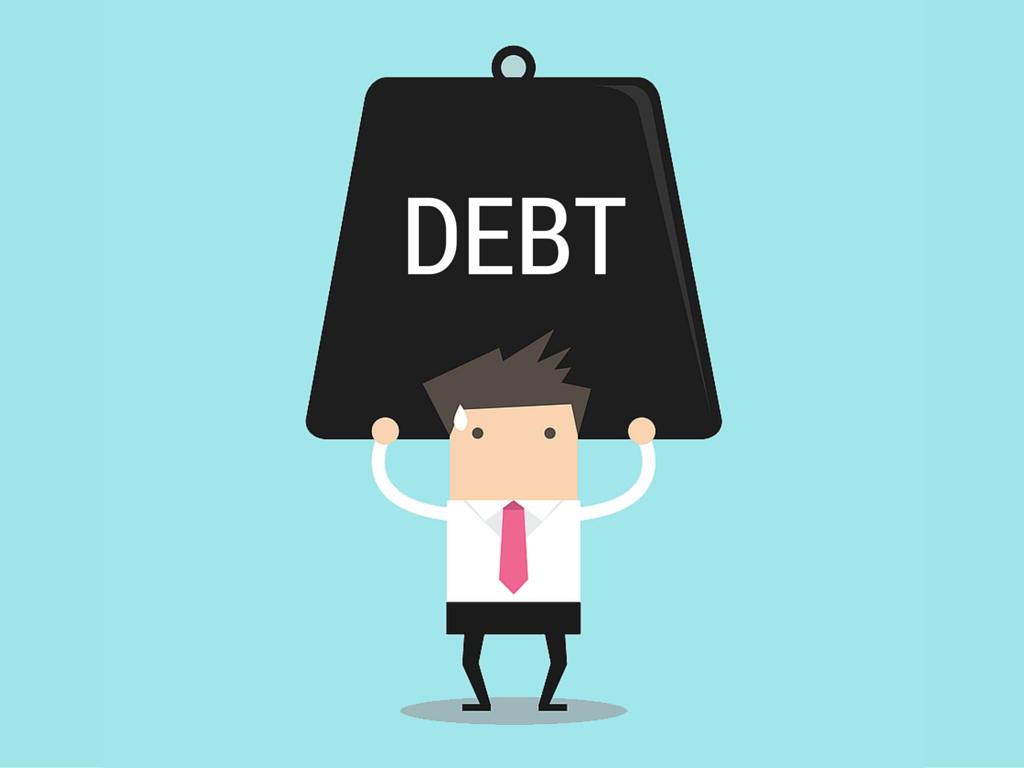
Companies often have most of their assets tied up as debts that need to be collected. Personal debt collection can be a very slow process. These agencies can help companies recover most of their debt. Read on to learn more about Personal debt collection.

Personal debt collection is always an extremely difficult task.
This task is more difficult with large organizations that carry out most of their lending operations. While it has become a commercial necessity to conduct transactions on a credit basis in order to stimulate sales, if debts are not properly managed, they can cause huge losses and a decline in business.
Usually, the company first tries to contact the customer using letters, faxes or phone calls. Many debtors try to avoid these calls and do not respond to these letters. This may be due to other debtor’s accumulated bills, or the debtor may try to pay other priority payments in some way and delay their payments. This delay process continues until the company sets a priority for the client to pay its debts to the company. If the bills are not paid for a long time, it is clear that either the debtor has financial problems, or he does not prioritize paying off his debt, or simply avoids payment.
If regular procedures do not work to collect a debt, it means that you need to hire a Personal debt collection company to repay it, be it the full amount of your debt or, in difficult cases, part of the debt. However, it may not be a bad idea to return 50% of the debt instead of losing the total amount, because it is too late. These debt collection agencies with many years of debt collection experience are more likely to collect their debt. For most people, this is an unpleasant situation when they call her from a debt collection agency. Collection agencies may also affect the credit rating of the debtor. Therefore, these agencies are an indispensable tool in the process of Personal debt collection.
There are three ways that Personal debt collection agencies look for a debtor to pay off debts.
Initially, the debtor is contacted through a series of notification letters, through which he is asked to negotiate with the company. If there is no answer, it is tracked by calling the debtor. If there is still no answer, a final warning is issued that additional actions will be taken. If nothing works, there is an opportunity to go to court. Most of the debtors correspond to these agencies, and the line of communication is developed and maintained until the debt is paid off.







